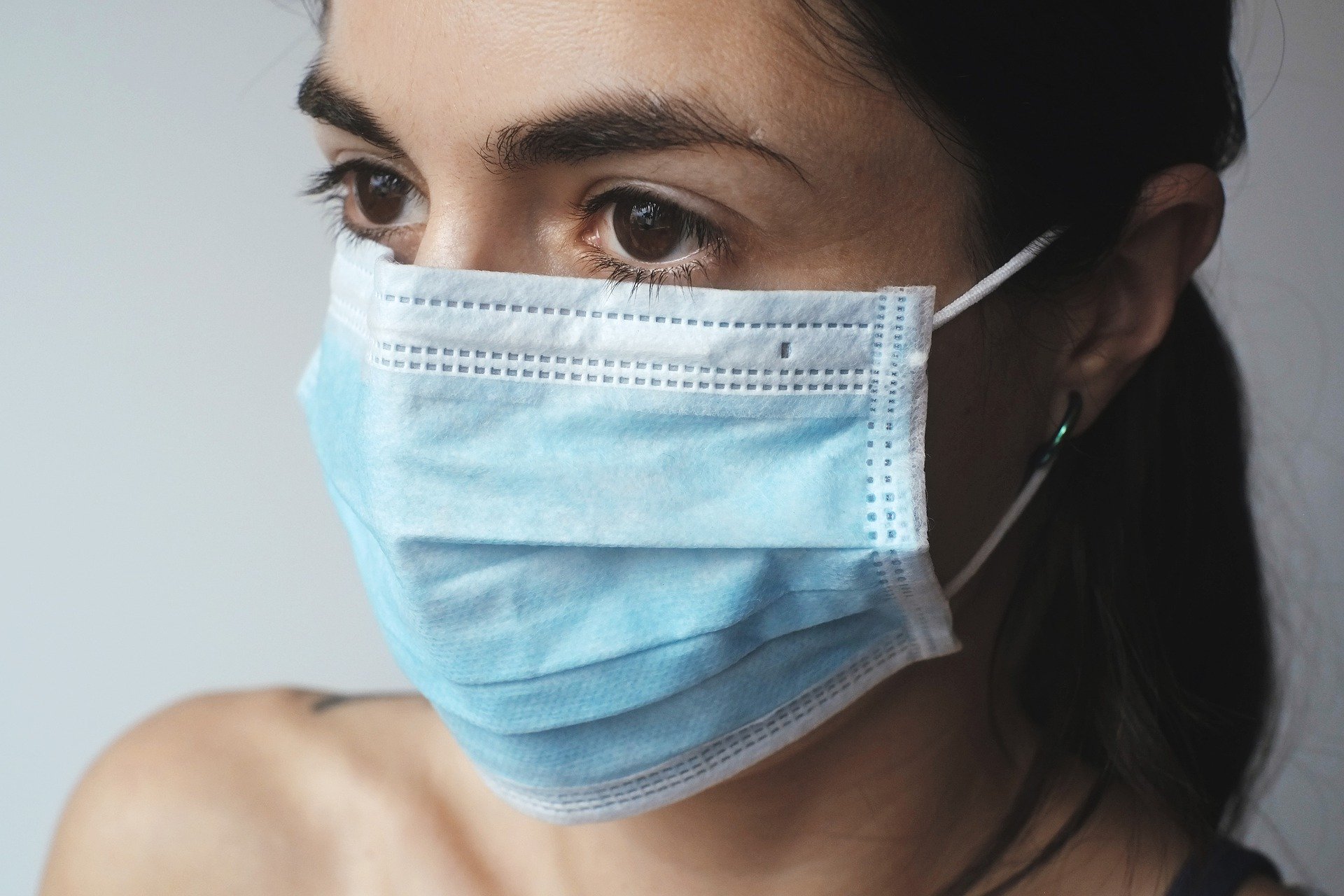The best doctors, the best treatments, and the best healthcare facilities in the world, and yet the modern healthcare system in US is still broken. Because of the issues within the healthcare system, many people don’t receive the right care at the right time. One of the biggest problems with modern healthcare is that there simply isn’t enough focus on preventative healthcare. You’ve heard the old adage, prevention is better than cure, right? Nowhere is this more accurate than medicine, but today, our healthcare system is geared toward reactive sickcare and we’re pre-disposed to think that way, too – we only seek medical attention when we are already in a state of ill health. Are there other issues with the modern healthcare system? Sure. It’s complicated, often inconvenient, and is a giant, faceless beast with so many processes and so much jargon that it’s not easy to navigate for us everyday folks. But lack of preventative healthcare is a serious problem, because it so often results in us developing chronic conditions that could have been avoided.
We’ll encounter other obstacles in the way of our continued good health, too.
- Big pharma isn’t happy when you buy fewer drugs because you’re eating better, getting your flu shots, and getting sick less frequently
- Medical device manufacturers aren’t happy when you manage your diet and exercise and stay healthy and active, as you’ll need less procedures and devices like stents.
- Big healthcare groups don’t like it when you have your preventative tests and physicals because you’ll stay healthy for longer, visiting your doctor less and require less hospitaliztion
It’s not just the healthcare system that’s at fault – we are responsible for this culture of emergency and reactive sickcare, too. Most of us aren’t proactive. We don’t go for checkups. We only go to see our physician if we’re already ill. We take few steps to really avoid ill health in the future. There are lots of reasons for this – we forget we’re due for a checkup, we’re busy, we’re worried about the outcome, we’re concerned about the cost, or we’re embarrassed. Plus, even though we all know we should eat better, be more active, and get our checkups, we tend to put it out of our minds as other things take precedence. But we’ve got to change our mindsets! Nothing is more important than our longterm health.
Almost half of the premature deaths in the US are preventable. That’s right – 48% of premature deaths could have been avoided with proper attention to prevention. Pretty shocking. Humana, an insurance provider, found that preventative care and catching the onset of chronic diseases early could reduce overall healthcare spending by 34% – which would be a colossal saving. You don’t want to die early because of a condition you could have avoided entirely if you’d just paid proper attention to your preventative healthcare routine. Right now, although the US spends significantly more of its GDP on health and social care than many other high-income countries, it has a lower life expectancy than those same countries.
The solution is two-fold – we take control of our own health by engaging in preventative healthcare, and we get simple, straightforward information, transparency of cost, and timely availability of appropriate medical services. And that’s where Healthdom comes in. We put you in control. Our app makes preventative healthcare simple, easy, transparent, and engaging. Healthdom makes it easy to schedule appointments, help you find health services nearby that accept your insurance provider, and puts your test results and key medical stats in an easily understandable format right in the app. We’ll send you personalized suggestions based on your lifestyle, risk factors, and health data to help you stay in peak condition.
Healthcare needs to evolve – and so do we. Each one of us has a big part to play in modern healthcare. We’ve got to be proactive and lead the charge. It doesn’t matter how fantastic the healthcare system becomes, how available and accessible services are if we don’t engage with them. Nobody can force you to get regular physicals or diagnostic screenings–it’s up to you to take the initiative. Although, of course, if you use Healthdom, the app will give you reminders and help you to schedule any checkups or tests you need, as we humans are notoriously bad at following through on little things like this.
And it’s not just about getting regular checkups and tests and monitoring your biometrics. It’s about making healthy choices, too. Effective modern healthcare requires you to be an active participant. Get involved. Help yourself avoid chronic disease by staying healthy.
Keep an eye on your biometrics–your weight, BMI, blood pressure, cholesterol, triglycerides, and so on. Take a look at your diet–is it balanced and varied? Are you avoiding excessive sugar and saturated fat? What simple changes can you make to optimize your diet for your long-term health? How’s your activity level? Do you get at least 30 minutes of brisk activity every day? If not, where can you make room in your schedule for a brisk walk or a workout? If you have a sedentary job, do you make an effort to get up and stretch or move around every hour? How’s your mental health? Do you make time each day to relax and decompress? Do you feel depressed, anxious, or unbearably stressed on a regular basis? How can you improve your physical and mental health? What steps can you take to minimize your risk factors for chronic disease? Again, Healthdom helps with this, too, offering helpful suggestions to optimize your health based on your biometrics, DNA, and the risk factors identified in your initial assessment.
In bygone days, most of us had a local physician who was a part of our community. These doctors often birthed us and continued to treat us as we grew and frequently delivered our own children, and treated them, too. They knew everything about us and treated us accordingly. They would chase us to have checkups and could advise us about our health based on our histories. This style of healthcare definitely had benefits. Obviously there were drawbacks, too–people may have been too embarrassed to discuss certain conditions or concerns with a doctor they’d known their whole lives, and a lack of specialization may have resulted in some missed ailments or misdiagnoses. But this type of intimate doctor-patient relationship, with it’s deeper knowledge, is what’s missing from today’s healthcare–but technology can fill that gap. We’re also more informed and more empowered to take care of ourselves than ever before, specialist healthcare services are more prevalent, and medical knowledge continues to advance rapidly.
Effective modern healthcare needs to include you doing everything you can to stave off chronic disease, utilizing cutting-edge technology, and improving the availability and transparency of medical services. Blending technology with the very best medical knowledge, and you making healthy choices is how we evolve modern healthcare and live long, healthy lives.




